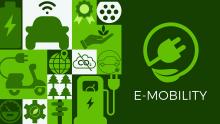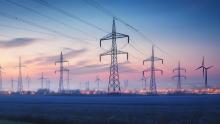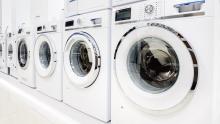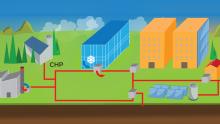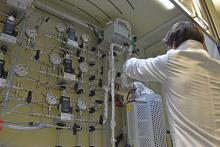Mapping out the EU’s future role on the global stage

International coordination is essential to addressing challenges including trade and development, security, climate change, migration and global finance. The EU-funded GLOBE project has identified major trends the EU should take into account for its future strategies in this arena. The work will help keep EU citizens and their interests at the heart of global governance for decades to come.




